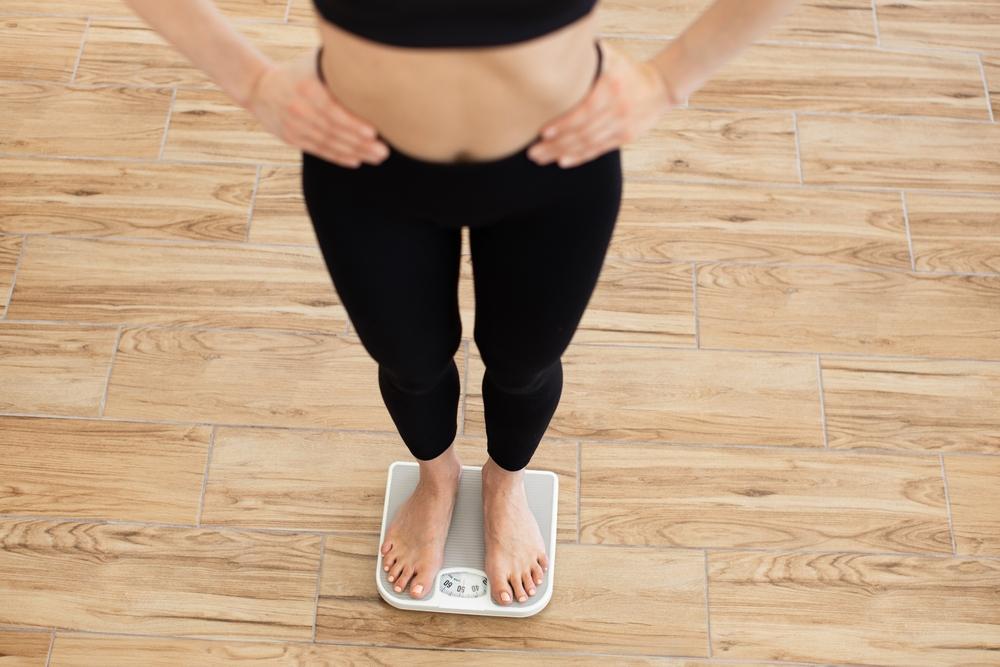When it comes to weight loss, many of us turn to complex diet plans and strict workout regimens. However, a simple approach stemming from improved sleep patterns could make a significant difference. Discover how addressing your sleep quality can impact weight, metabolism, and overall energy levels.

The Sleep-Weight Connection
Weight loss is often viewed as a straightforward equation of calories in versus calories out. However, recent studies suggest another critical factor: sleep. Experts have uncovered a hidden link between poor sleep and extra pounds. Lack of sleep can lead to hormonal imbalances, increased appetite, and reduced energy, all contributing to weight gain. To understand this relationship better, consider these insights into sleep's impact on your body weight:
- Hormonal Imbalance: Sleep deprivation can cause an increase in ghrelin, the hormone responsible for hunger, while decreasing leptin, the hormone that signals fullness. This imbalance can lead to overeating.
- Increased Appetite: A lack of adequate rest often results in cravings for high-calorie, sugar-laden foods, exacerbating weight gain.
- Decreased Metabolism: Without sufficient sleep, your body's metabolism may slow down, causing calories to be burned less efficiently.
For further insights into maintaining a healthy weight, consult expert guidelines from the Mayo Clinic.
How to Optimize Your Sleep
Improving your sleep quality could be the simple fix you need for effective weight loss. Here are strategic tips to help you optimize your sleep, align your body with healthier weight dynamics, and revitalized energy levels:
- Set a Sleep Schedule: Go to bed and wake up at the same time every day, even on weekends. Consistent sleep patterns help regulate your body's internal clock, enhancing sleep quality.
- Create a Restful Environment: Keep your bedroom cool, dark, and quiet. Consider using blackout curtains, white noise devices, or earplugs to eliminate disturbances.
- Avoid Screens Before Bed: The blue light emitted by phones, tablets, and televisions can interfere with melatonin production. Avoid screens for at least an hour before bedtime.
- Mind Your Diet: Avoid heavy meals, caffeine, and alcohol close to bedtime. Instead, opt for light snacks like a banana or yogurt if hungry.
- Exercise Regularly: Engaging in physical activity during the day can help you fall asleep faster and enjoy deeper sleep. However, avoid intense workouts just before bed.
For additional guidance on building healthier sleep patterns alongside weight loss strategies, visit resources from the CDC.
Legal Troubles: Weight Loss Controversy
A fascinating case making headlines involves a woman facing a lawsuit for sharing a simple weight loss method. This method, reportedly effective and uncomplicated, threatens the traditional diet industry by emphasizing mindfulness and natural lifestyle changes over expensive products or subscriptions.
While specific details of her method remain under legal scrutiny, the fundamental idea that weight loss doesn't have to be fraught with complexity is a liberating one. Simple changes like improving sleep could be a testament to the broader success of uncomplicated health strategies.
To stay informed about weight loss strategies and success stories, explore resources such as the Nutrition.gov.
Conclusion
The connection between sleep and weight loss underscores the importance of prioritizing sleep as part of a healthy lifestyle. By addressing sleep quality, you effectively tackle a contributing factor to weight gain while boosting metabolism and overall energy.
For those embarking on a weight loss journey, consider exploring further reading from the American Heart Association. Balancing nutrition, exercise, and sleep can lead to sustainable and successful weight management.
Cost of Sleep-Related Products
For those considering sleep aids or products to enhance their sleep environment, here's a quick glance at available options:
| Product | Price Range | Description |
|---|---|---|
| White Noise Machine | $20-$50 | Devices designed to produce ambient sounds and mask noise. |
| Blackout Curtains | $25-$100 | Curtains that block light to enhance sleep environment. |
| Memory Foam Pillow | $15-$80 | Pillows that provide head and neck support. |
| Weighted Blanket | $30-$150 | Blankets that provide deep touch pressure for relaxation. |
| Blue Light Blocking Glasses | $10-$50 | Glasses designed to filter out blue light from screens. |
For further exploration into the optimal strategies that support weight loss through everyday changes, consider sourcing in-depth studies and data from PubMed Central.
Ultimately, the path to achieving a healthy weight is multifaceted, but addressing simple lifestyle elements such as sleep can be pivotal in the journey towards a healthier you.
